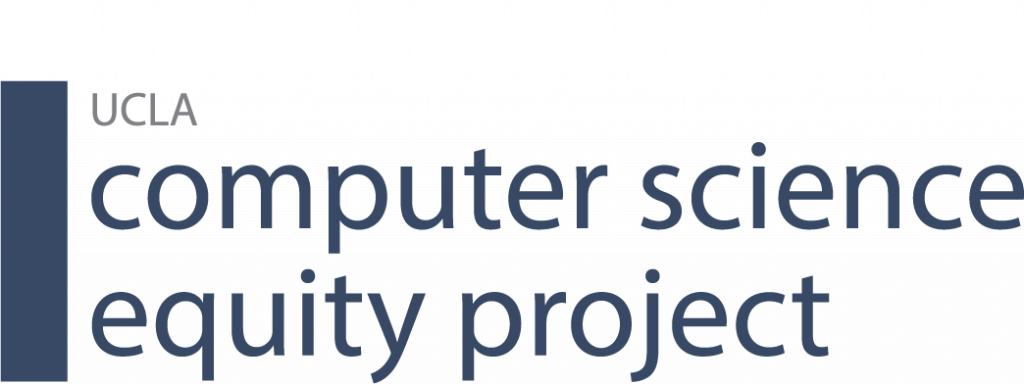By Julie Flapan, EdSource
Sitting in the rear-facing “way back seat” of my family’s station wagon in 1979, we were counting trees tied with yellow ribbons to memorialize 55 Americans held hostage in Iran. As kids, we didn’t understand the conflict, but one thing was clear: Securing the hostages’ freedom was a collective national obsession. Much has changed about the way we express our democratic values in the U.S. and how we think about innocent hostages held today in Gaza.
My nostalgia makes me wonder how young people make sense of our current political divisions, including at UCLA. As an educator and researcher at UCLA’s School of Education and Information Studies, my colleagues and I have been discussing our role to prepare K-12 teachers to advance social justice as global citizens. Teaching and learning to think critically and consider a multiplicity of perspectives has never been so crucial, nor has it been so controversial.
When I mention my friends’ 23-year-old son, Hersh Goldberg-Polin, who was severely wounded when abducted by Hamas terrorists from Israel’s Nova Music Festival on Oct. 7, I have been met with skepticism and distrust among colleagues who share my social justice values. It shouldn’t feel so alienating to speak out for the release of the hostages, who include eight Americans among the 120 multinationals held in Gaza for more than 260 days.
Recently, when a colleague asked about the numbered piece of masking tape I was wearing, I explained it is in solidarity with Hersh’s mom, Rachel, marking the days of her heartbreak and his captivity. “Well, now you know how the other side feels,” he replied, as if supporting the hostages equates to indifference to Palestinian suffering. I tried to counter his assumption by explaining that advocating for the release of innocent hostages does not diminish my concern for innocent lives lost in Gaza. Our hearts can hold compassion for both.
This false binary is detrimental to finding common ground in the pursuit of peace. The deep anguish many of us feel for Jews, Palestinians — and their supporters — has made it difficult to know what to say. Rather than choosing a side, our common humanity should unite us.
I learned these lessons years ago as a student at Pitzer College in a seminar that opened my eyes to different perspectives on the Mideast conflict. We debated texts from Palestinian and Israeli authors, appreciating the similarities and differences between the world’s major religions. We learned how our own cultural lens and experiences informed our identities, and we felt inspired to ask more questions, rather than be expected to have the right answer. I’m grateful for this complex picture of the geopolitical, historical and religious perspectives essential to developing a nuanced understanding of current events.
